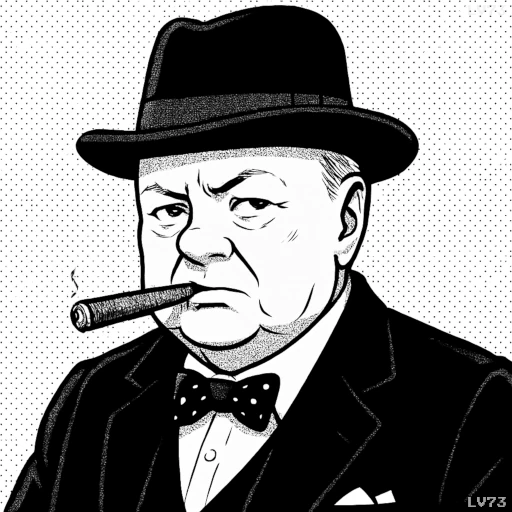“The farther backward you can look, the farther forward you can see.”

- November 30, 1874 – January 24, 1965
- British
- Politician, army officer, writer
table of contents
Quote
“The farther backward you can look, the farther forward you can see.”
Explanation
In this quote, Winston Churchill suggests that understanding the past is key to shaping the future. By looking back and learning from history, one gains valuable insights that can help in anticipating challenges and making informed decisions moving forward. Reflection on past events allows individuals, leaders, and societies to identify patterns, mistakes, and successes that can be used to navigate the present and future more effectively.
Churchill, who was deeply involved in both World War I and World War II, understood the importance of studying history. His own leadership during the Second World War was informed by his knowledge of past conflicts and the lessons learned. For example, his understanding of the mistakes made in World War I—such as the underestimation of the enemy’s capabilities—helped shape his approach to strategic decision-making during World War II. By learning from history, Churchill was able to guide Britain through the darkest days of the war.
In modern times, this quote remains relevant, particularly in decision-making, leadership, and personal growth. Looking back on past experiences, whether personal or societal, helps individuals and organizations avoid repeating mistakes, while also leveraging past successes to build a better future. Whether in politics, business, or personal life, reflecting on history is crucial for forward-thinking and progress.
Would you like to share your impressions or related stories about this quote in the comments section?


